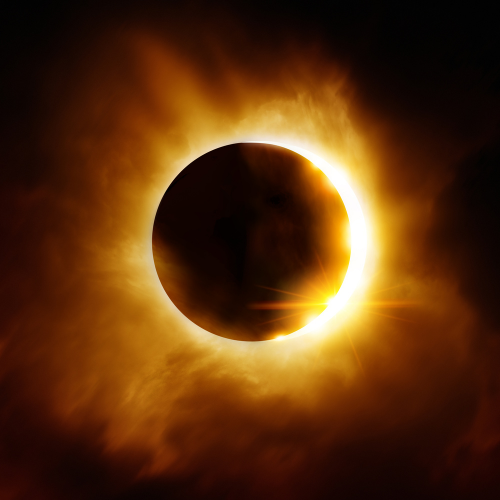 On Monday, April 8, 2024, Birmingham is set to witness a breathtaking celestial event - a partial solar eclipse. This rare occurrence, where the moon partially covers the face of the sun, will gift observers with a stunning spectacle. However, it's crucial to understand the importance of eye safety during such events. Here's everything you need to know to enjoy the eclipse safely.
On Monday, April 8, 2024, Birmingham is set to witness a breathtaking celestial event - a partial solar eclipse. This rare occurrence, where the moon partially covers the face of the sun, will gift observers with a stunning spectacle. However, it's crucial to understand the importance of eye safety during such events. Here's everything you need to know to enjoy the eclipse safely.
Birmingham will be treated to an 87.9% eclipse, starting at 12:40 p.m. and reaching its peak at 2:00 p.m. It's a remarkable event, one that won't be replicated for more than two decades in North America. Unlike a total solar eclipse where the Moon completely blocks the Sun's light, a partial eclipse offers a unique visual experience.
As the excitement builds, it's essential to prioritize eye safety. Staring directly at the sun, even during an eclipse, can lead to irreversible eye damage. Special solar eclipse glasses are an absolute must-have. Virginia Lolley, M.D., Chief of Staff at UAB Callahan Eye, emphasizes, "To view an eclipse safely, the best option is to wear solar eclipse glasses approved by the International Organization for Standardization." Eclipse glasses should be purchased from reputable vendors, ensuring they comply with ISO 12312-2 standards. Regular sunglasses won’t be enough, as they do not offer sufficient protection against the Sun's harmful rays. Check your eclipse glasses for any damage before use. Even the smallest rip or hole can expose your eyes to harm.
Symptoms of solar eye damage, known as solar retinopathy, include blurred vision and color distortion. Dr. Lolley advises, "Eye damage from improper eclipse viewing typically takes the form of blurred vision or blind spots, which can develop up to several hours after the viewing occurred." It's crucial to understand that the damage may not be immediately and is preventable using proper safety precautions.
As Birmingham prepares for the awe-inspiring partial solar eclipse on April 8, 2024, let's ensure that safety takes precedence. By following these guidelines and heeding the advice of experts like Dr. Virginia Lolley, observers can enjoy this celestial phenomenon without risking their vision. Protecting your eyes today ensures you can continue to appreciate the wonders of the universe tomorrow.